T4K3.news
RMT rolling strike across Tube and DLR
Seven day rolling action begins Sept 5 with staggered walkouts across grades; DLR staff will join the action.
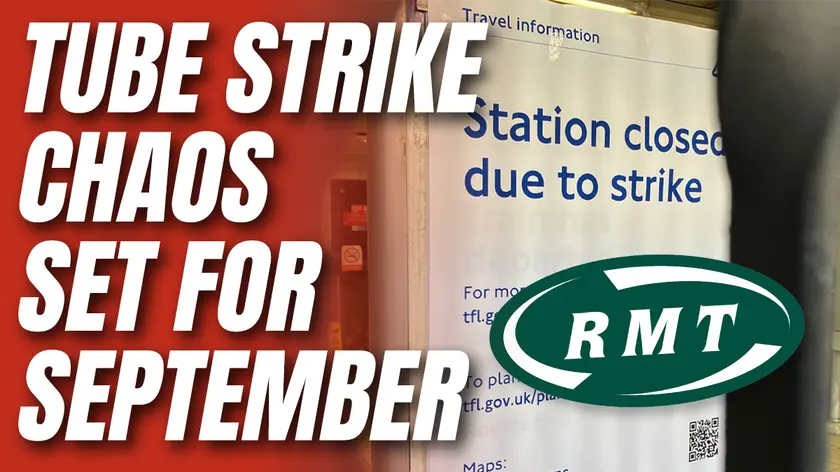
The RMT plans a seven day rolling strike across the Tube and DLR starting Sept 5 with staggered walkouts by different grades.
RMT launches seven day rolling strike across Tube and DLR
The Rail, Maritime and Transport union has announced a seven day rolling strike across the Tube network and the DLR, beginning Friday September 5. The action will run with different grades taking part on specific days: on Sunday September 7 Track Access Controllers, London Underground Control Centre staff, Power and Control and ERU members will strike all day; on Monday September 8 all fleet, engineering, stations and train drivers will join; signallers will strike on Tuesday September 9; on Wednesday September 10 the full range of fleet, engineering, stations and train drivers will again walk out; and on Thursday September 11 signallers will strike. DLR staff are set to participate in the same period. Tube drivers are paid about £68,000 a year.
RMT says the dispute centers on pay and working conditions, including fatigue management, shift patterns and a shorter working week. The strike is expected to cause disruption across the Tube and DLR, complicating commutes and service planning for passengers and businesses.
Key Takeaways
"The dispute centers on pay and conditions"
RMT spokesperson
"Public patience wears thin when talks stall"
Commuter reaction
"A long dispute like this tests leadership on both sides"
Editorial perspective
The move highlights how wage disputes in public services can unfold in a dense urban system. A staggered schedule compounds planning difficulties for TfL and increases the likelihood of delays for millions of riders. The involvement of multiple grades across both the Tube and DLR broadens the disruption and raises the stakes for negotiations. The episode underlines a broader tension in essential services where inflation and cost of living collide with wage demands.
Beyond the transport impact, the standoff carries political and budget considerations for London. Public reaction and government stance on funding for TfL could shape future talks and service commitments. The outcome may set a benchmark for interdepartmental bargaining over pay, productivity, and safety rules across other city-run services.
Highlights
- Public patience wears thin when talks stall
- This dispute is about pay and working patterns
- A long dispute tests leadership on both sides
- Commuters deserve clarity not more delays
Public transport disruption risks
The seven day rolling strike across the Tube and DLR risks widespread travel disruption, affecting commuters and local businesses. The dispute centers on pay and working conditions, with political responses and budget implications for TfL.
As talks resume, commuters will weigh disruptions against the possibility of a fair deal that improves working conditions.
Enjoyed this? Let your friends know!
Related News
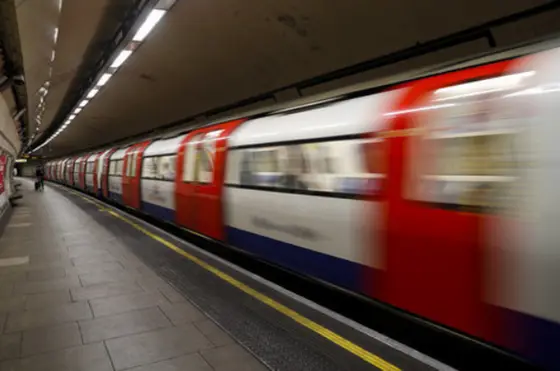
London Underground strikes set to disrupt travel
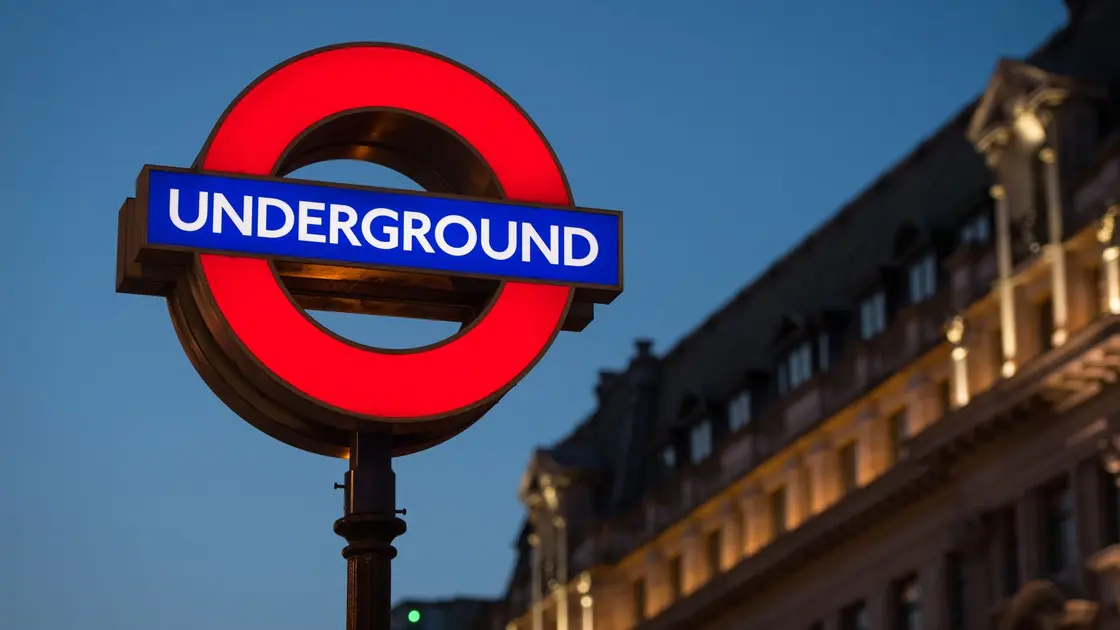
Tube strikes set to disrupt London
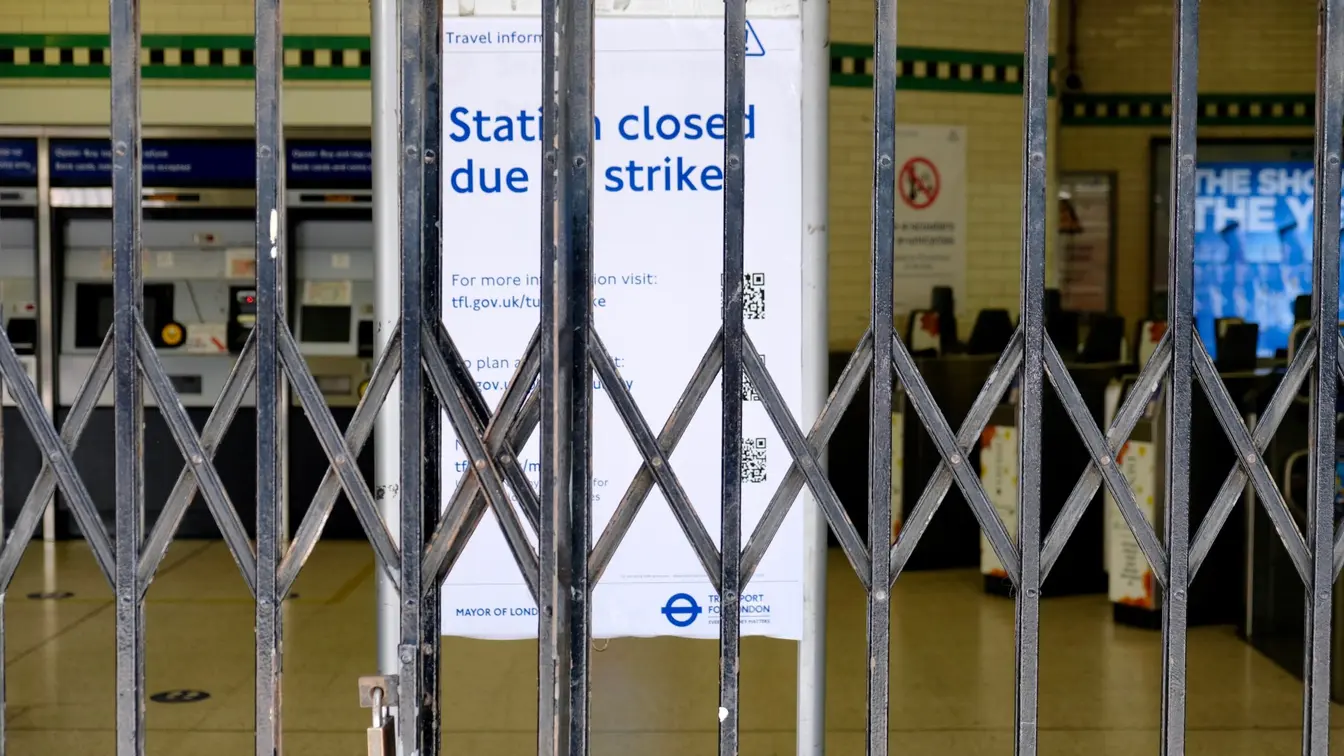
London Underground faces seven days of strikes
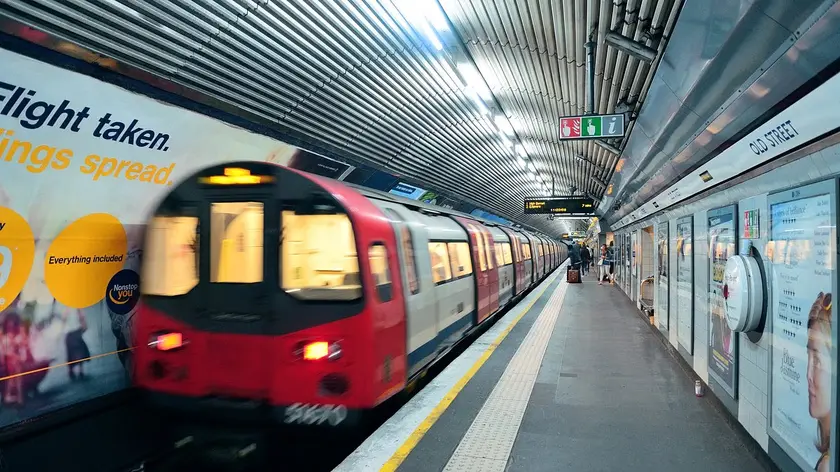
Tube network braces for shutdown
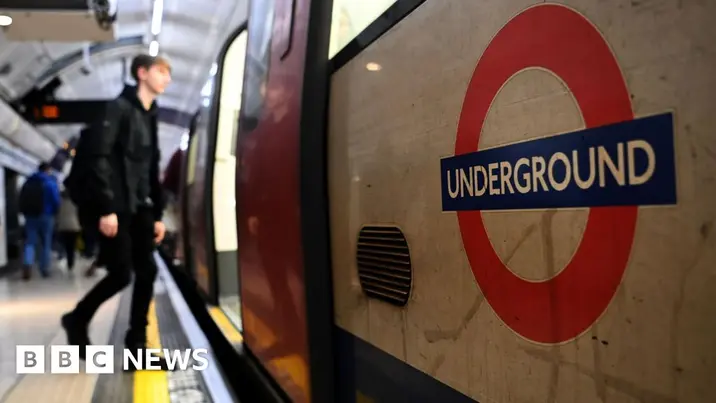
London Underground strike starts September 5
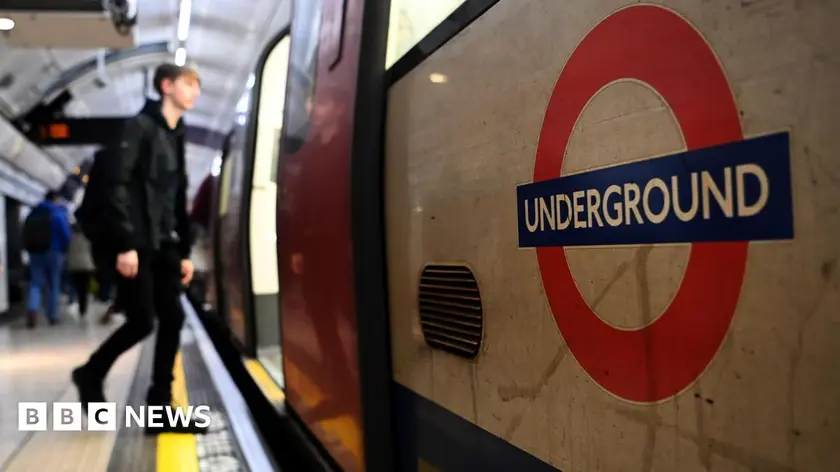
London Underground strike announced

Putin signals Donetsk focus in Alaska talks
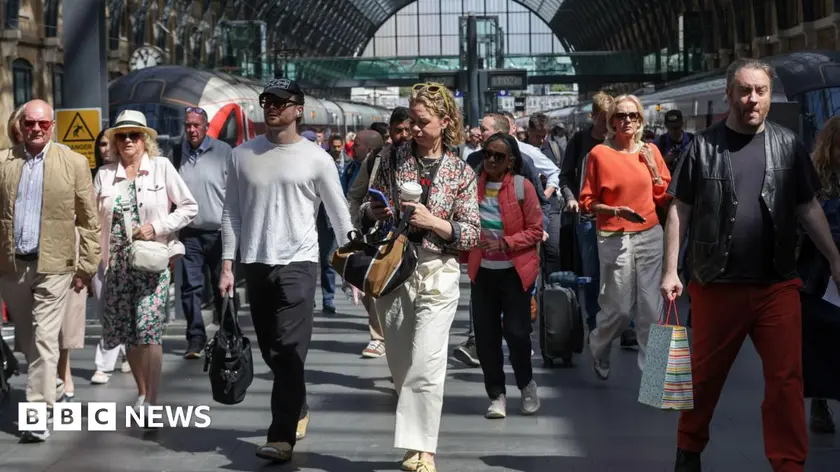
Bank holiday travel disruption persists
